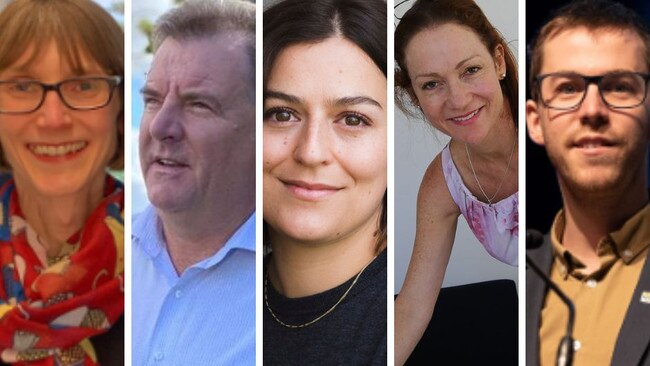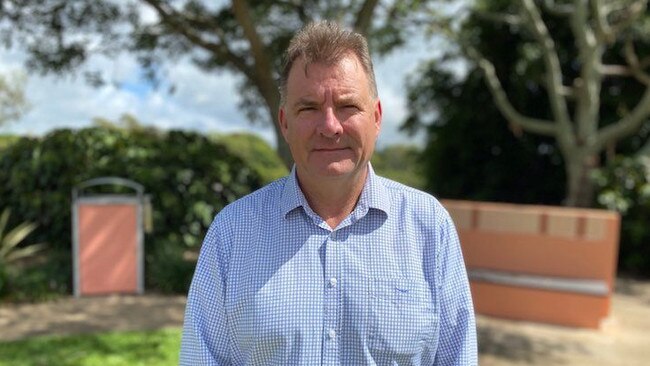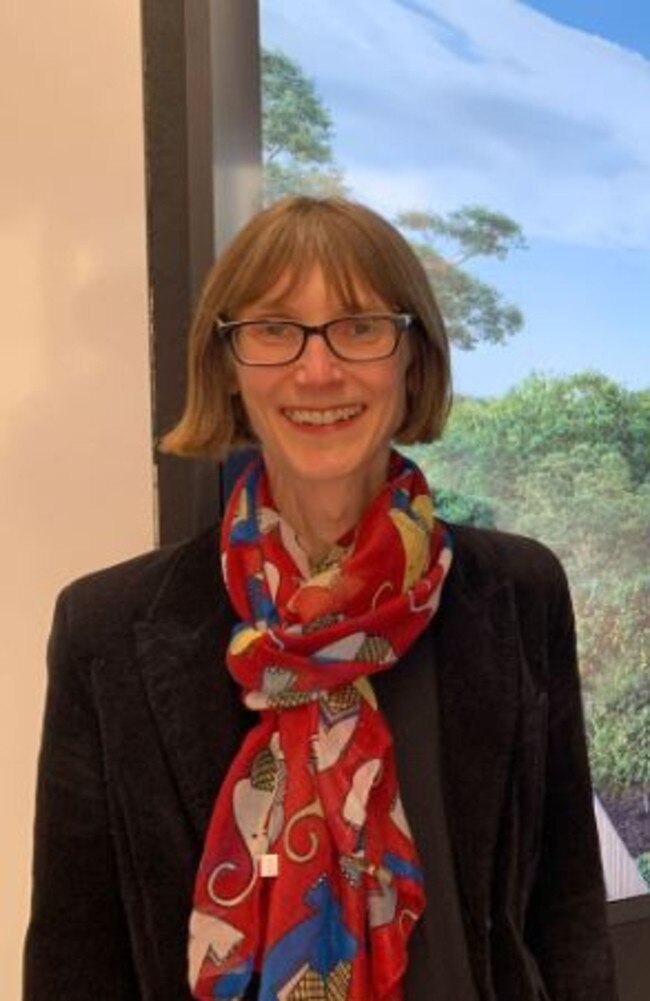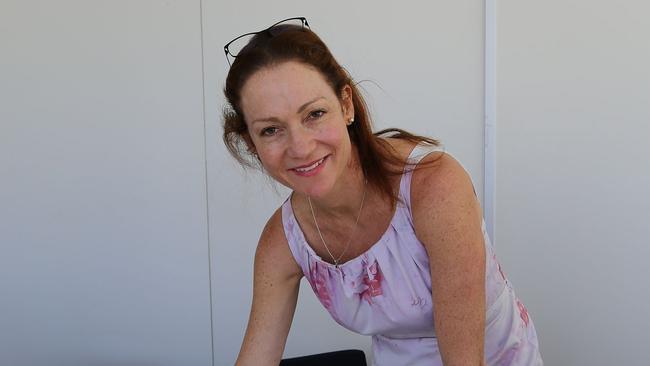Churchill fellows and Stephen Bennett on housing crisis
A national strategy, a halt to the sale of public land, freeing up vacant state-owned houses, and more rights for tenants are needed if Australia is to halt the worsening domestic disaster of homelessness.

Bundaberg
Don't miss out on the headlines from Bundaberg. Followed categories will be added to My News.
A national strategy, a halt to the sale of public land, freeing up vacant state-owned houses, and more rights for tenants were needed if Australia was to reverse its worsening domestic disaster of homelessness.
Experts and academics who have studied solutions around the world, and Burnett MP Stephen Bennett have weighed in on the housing crisis, offering some actions that could address the issue.
These are the calls for action being put forward:

Free up empty state-owned houses
State owned houses are sitting vacant and Burnett MP Stephen Bennett has called on government departments to work together to identify vacant homes like schoolhouses and police accommodation, that could provide emergency accommodation.
Photo flashback: 50 news images from past decades
“Tents and makeshift caravans on roadsides have become a common sight in and around Bundaberg,” he said.
“Couples, families, grandparents; they’re vulnerable and desperate for a roof over their heads.
“Homelessness does not discriminate, and the housing crisis is only getting worse.”
Mr Bennett tabled a Question on Notice to the Housing Minister on Wednesday.
“Right now, there are state-owned homes dotted around the Wide Bay that are sitting there empty,” he said.
“I visited one only last week, the Givelda School House.
“It needs its lawn mown and gutters cleaned, but is otherwise in good condition.
“It could be a family‘s home, it could be crisis accommodation, a solution while someone transitions to something more permanent.
“It could be a locked door that provides a child with the safety and security they need to have one good night’s sleep.
“We don‘t know how many of these houses exist, that’s why I’m asking the minister to provide those details that could trigger interdepartmental discussions and result in a home for a family in need.”

A national strategy
The Winston Churchill Trust recently sent four experts on international missions to collect information on how other nations deal with housing.
Social gerontologist Victoria Cornell was one of them.
Ms Cornell has called for the development of a national housing strategy, funding the immediate provision of more affordable housing, promotion and support for alternative housing designs and management models and to improve holistic neighbourhood designs.
She has also called for an increase in financing options for older people with housing affordability issues, and for the creation of programs to help eliminate prejudices and stereotypes around the roles and contributions of older people in society.
In Singapore, a country with 90 per cent home ownership, people on low incomes are able to buy government units on 99-year leases at affordable rates.
Dr Cornell says the private market will never be enough to sustain the country.

Stop selling public land
Jennifer Kulas travelled key European centres including Vienna, London and Helsinki to eek out solutions to housing issues, in particular, those impacting women.
Her findings were that public land was being valued for its purpose in helping some of the most vulnerable people.
“Every city has slowed or completely ceased selling public land to private actors, instead choosing to retain public ownership and utilise land assets, such as via long-term ground leases for nonprofit housing,” she said in her report.
Ms Kulas said every city was implementing broad housing policies with the aim of addressing the needs of low to middle income earners.
“In every case study city, land was universally acknowledged as a ‘special’ resource that cannot be replicated or readily acquired in a highly speculative market,” she said.
“As a result, public land assets are only sold in very rare circumstances and generally as a last resort after ruling out non-speculative development options.”

More rights for tenants
Joel Dignam is the executive director of Better Renting, a community of renters working together for stable, affordable and healthy homes.
Mr Dignam studied tenant movements in the US, UK and Australia.
He noted common themes from every nation he studied: an increasing tension between tenants who had started building power amid worsening conditions, and landlords and a real estate industry constantly trying to undo those wins.
He also found that corporate landlords - those with huge property portfolios as a means of an income, had become increasingly common.
“I argue that we need to promote a different narrative around renting, build the grassroots power of renters, and establish a more diverse and collaborative ecosystem of tenant organisations,“ Mr Dignam said in his report.
In the real estate industry, he said “real estate capitalists” produced nothing for the world, and took 30 per cent of tenants‘ incomes in the process.
He would like to see a dedicated ombudsman to oversee tenancies, and a genuine abundance of housing to mitigate the risks of housing loss.

Better support for disabled tenants
Urban planner Kim Samuel spent time in Israel and the US to study housing, particularly for those with disabilities.
She said communities needed to be inclusive, fostering connections between people; there also needed to be a universal design approach adopted and better advocacy for disabled people.
“The benefits of universal design and accessibility in the way we design and deliver homes, communities and cities go well beyond providing access for those with disabilities,“ she said.
“They deliver equity and innovation in the built environment to support all citizens including the elderly, parents and children and low socio-economic groups.”




